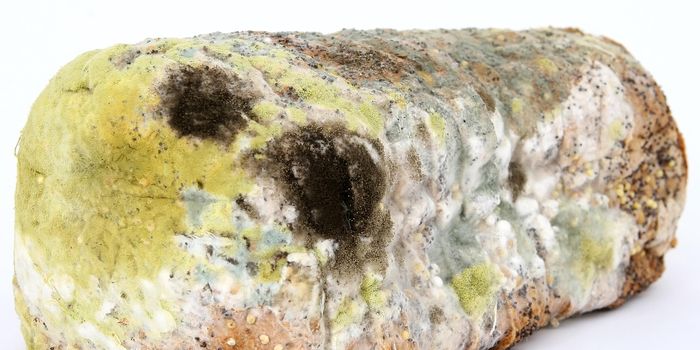Climate change may make airborne allergies worse
On any given year, spring time often brings about a common problem: allergies. According to the Centers for Disease Control, about 60 million people experience symptoms of seasonal allergies caused by a range of allergens. Two of the most common allergens include pollen from oak and ragweed. These allergens enter the body and trigger an immune response because the body mistakes them for an actual viral or bacterial threat.
Unfortunately, research has begun to emerge suggesting that climate change may only make things worse, making allergies worse due to higher concentrations and potentially even prolonging allergy seasons, making allergies a more miserable problem to deal with. Changes in CO2 levels and temperature can all have dramatic effects on plants, changing how the pollen they produce is distributed. But exactly how much worse will climate change make things?
Researchers at Rutgers Environmental and Occupational Health Sciences Institute recently conducted a simulation to see how climate change may impact the production and distribution of the two most common allergens: oak and ragweed. Their findings are published in a recent article in Frontiers in Allergy.
Overall, researchers found that airborne concentrations of oak and ragweed in a given area are expected to increase dramatically over the next 30 years, including in areas where these allergens are not common. Oak and ragweed pollen were projected to climb nearly 40% and 20%, respectively. In some regions, these numbers could be higher. To create these predictions, researchers used an existing tool, the Community Multiscale Air Quality system that is created and managed by the U.S. Environmental Protection Agency (EPA). This program was designed specifically to look at both historical and future trends in oak and ragweed production.
At a more granular level, researchers found that these increases in allergen concentrations are likely even under more subtle warming scenarios. In fact, warming of any kind is likely to cause allergy season to last longer, both starting and ending earlier than normal.
The team’s efforts to leverage computer simulations also helps overcome a lack of available data that has historically hindered efforts to accurately forecast the effect of climate change on pollen.
Sources: Science Daily; CDC; Frontiers in Allergy








